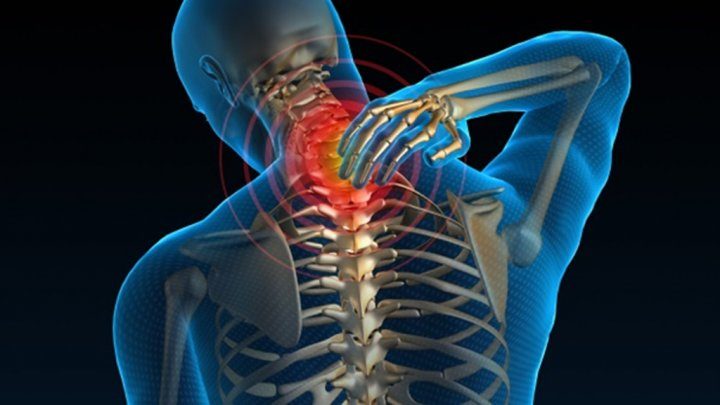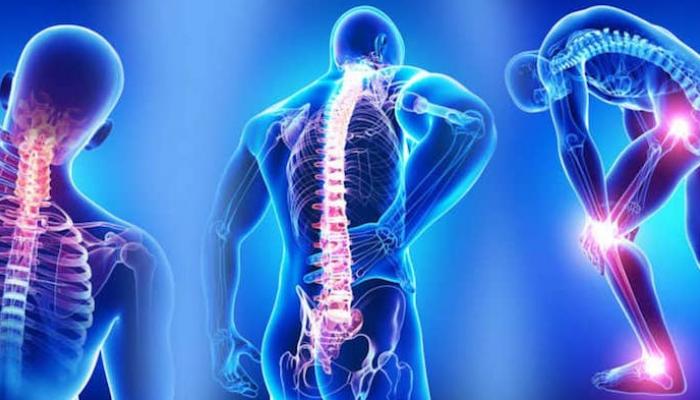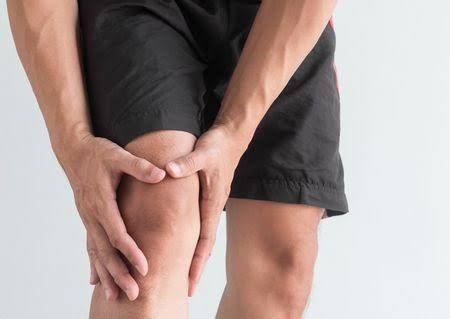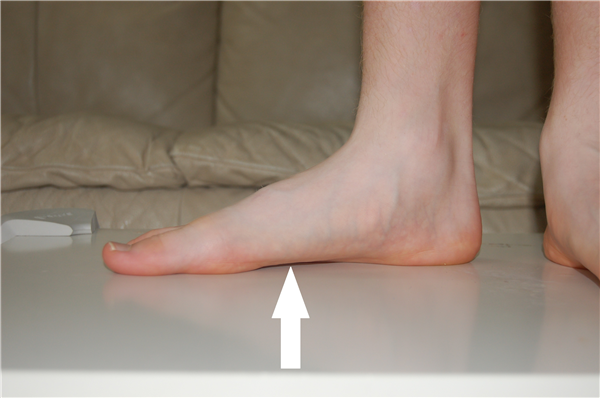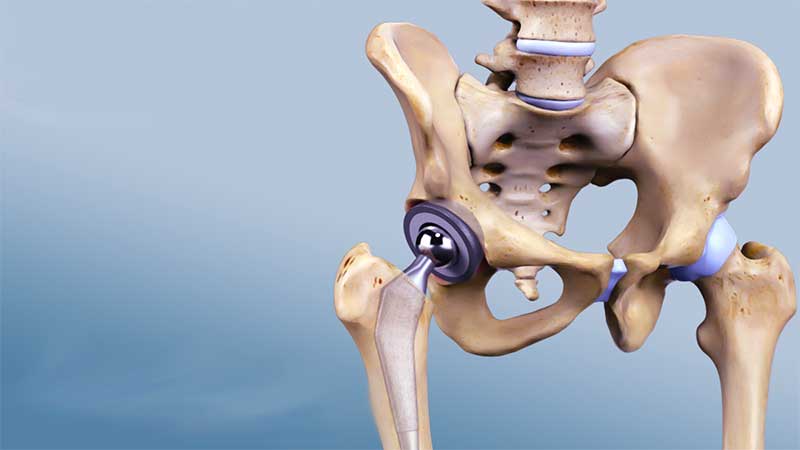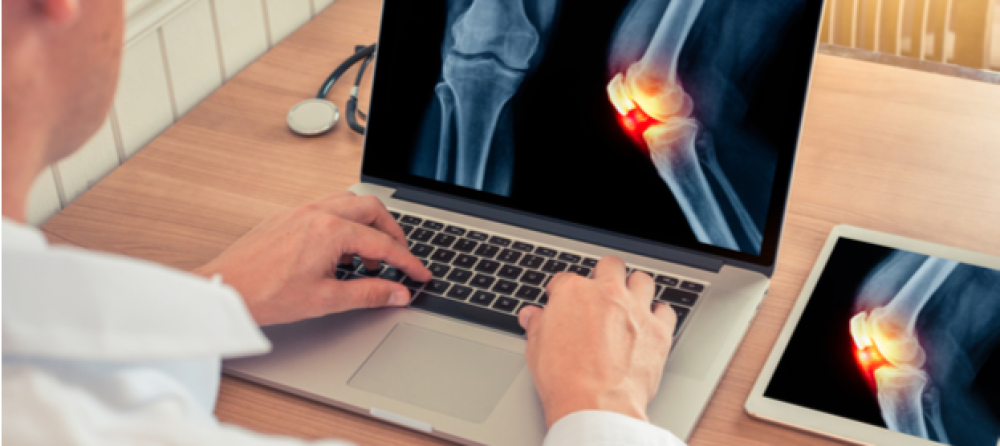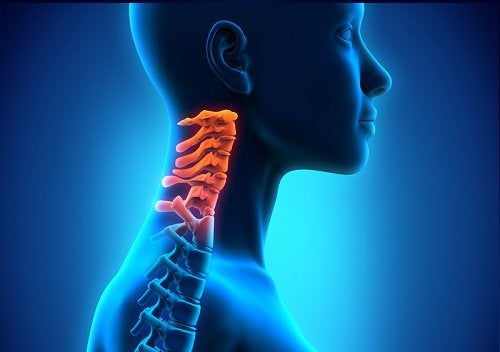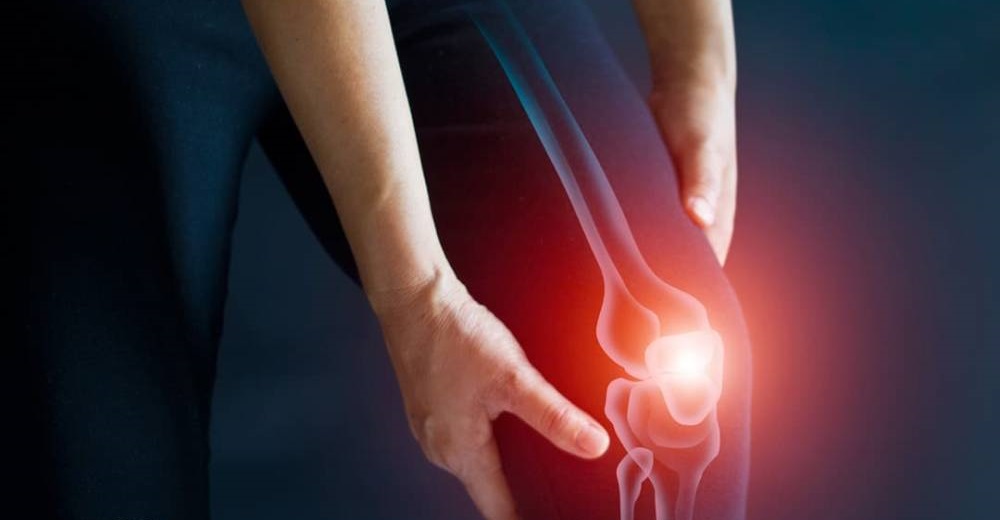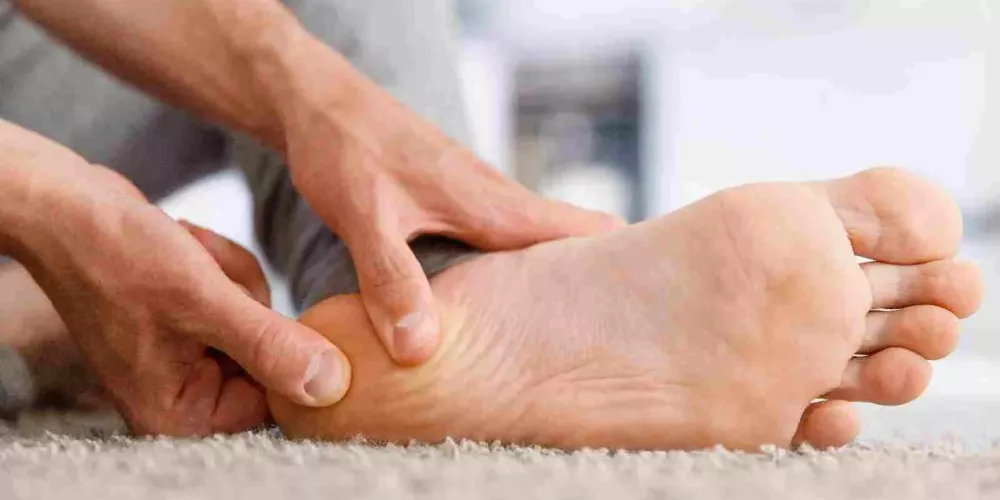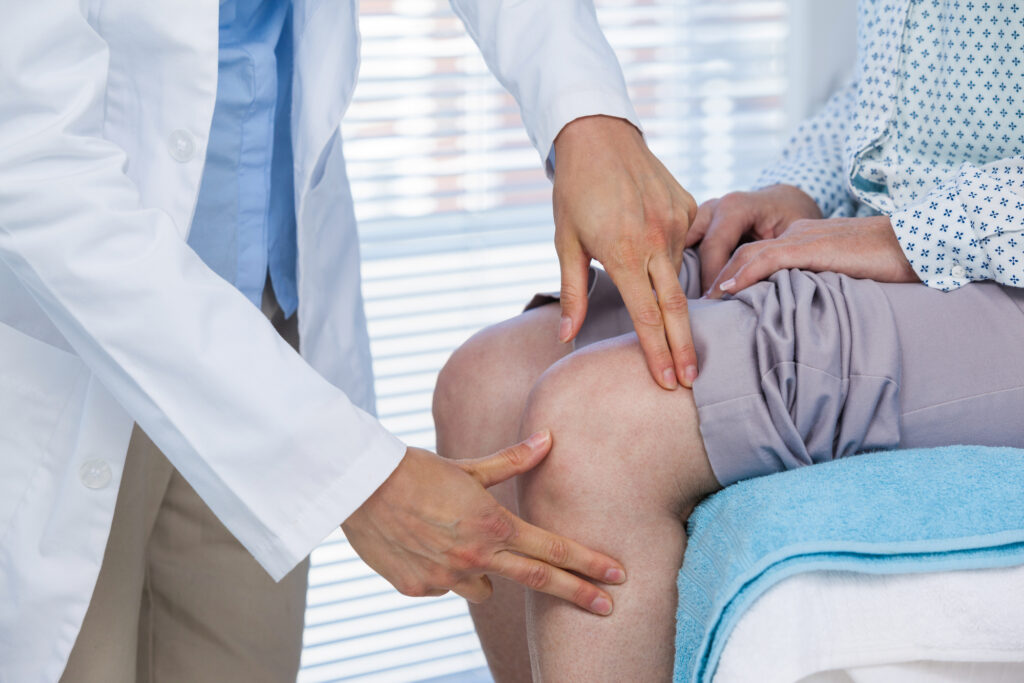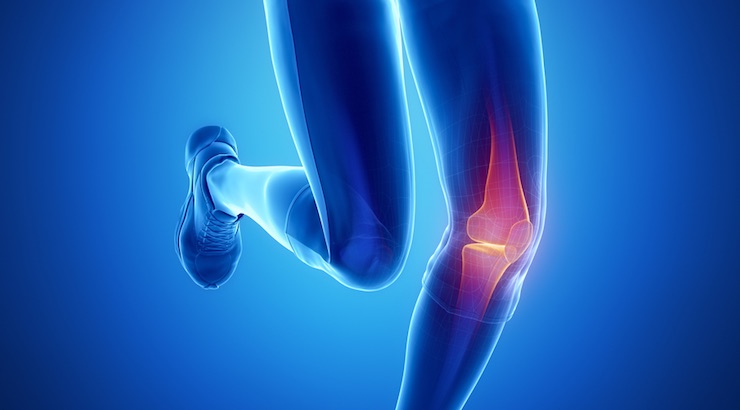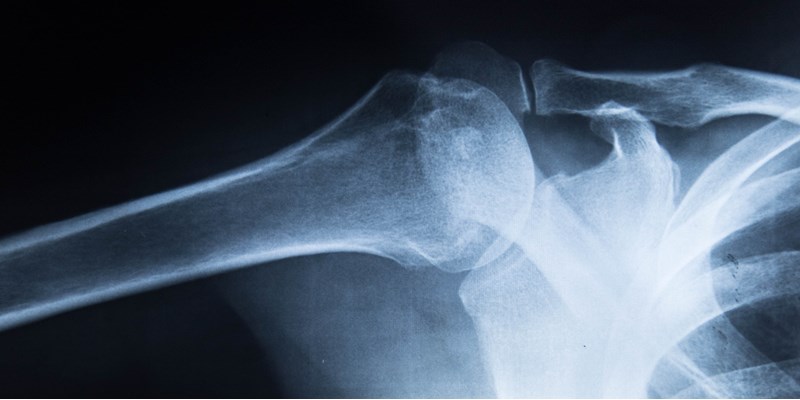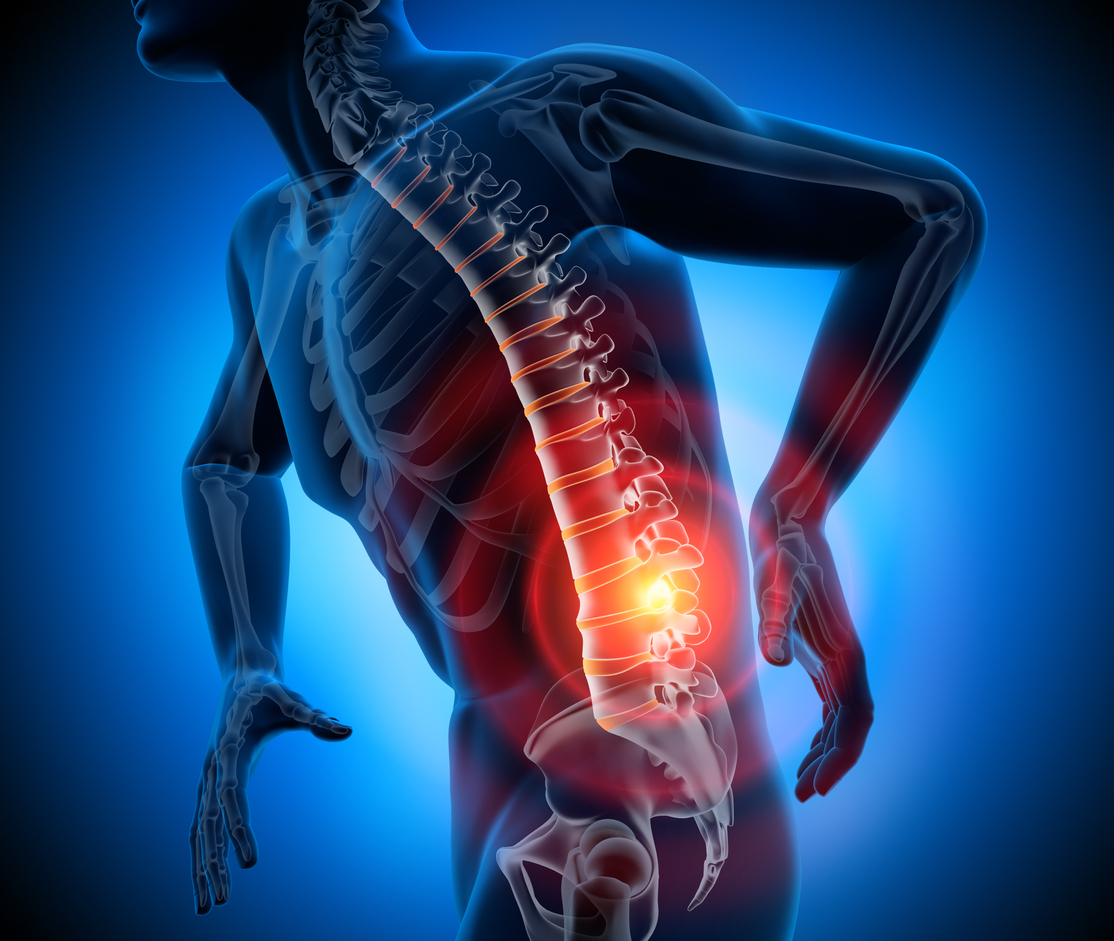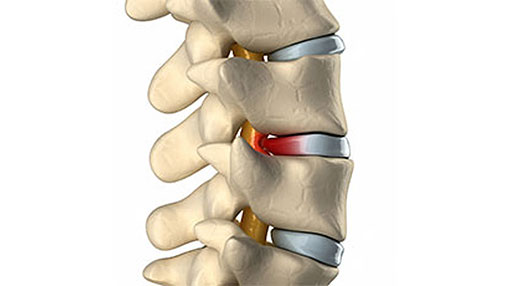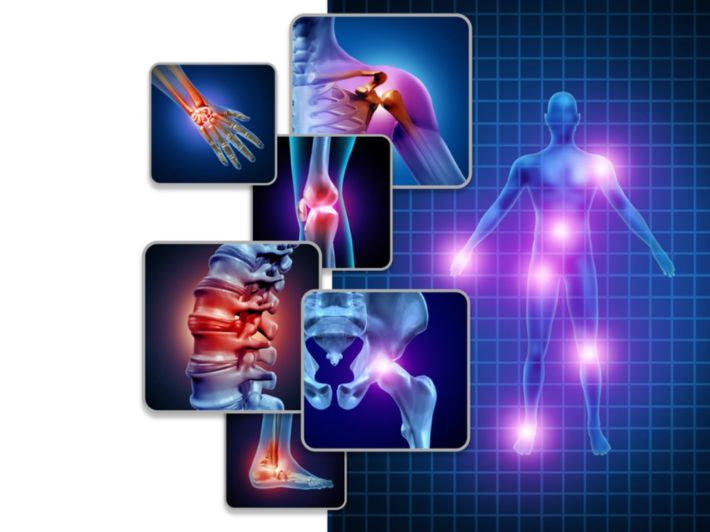Discover the Treatment for a Stiff Neck and Muscle Relaxant Medication
Treatment for a Stiff Neck
Treatment for a Stiff Neck: 6 Home Remedies to Relieve Pain
Neck and surrounding muscle pain is a common issue that can result from stiffness and tension in the neck. Fortunately, there are several home remedies that can be used to treat a stiff neck and alleviate pain. Here is a list of six effective ways to treat a stiff neck:
- Using Cold and Hot Compresses: Cold and hot compresses can be used alternately on the neck to relieve pain and tension. It is recommended to apply cold compresses for 15-20 minutes, then replace them with hot compresses for the same duration. This treatment can be repeated several times a day for the best results.
- Practicing Neck Stretching Exercises: Some stretching exercises for the neck can help relieve stiffness and tension in the muscles. Examples of exercises include gently moving the neck in all directions (right, left, up, down) and stopping if there is any increase in pain.
- Avoiding Excessive Neck Movements: It is essential to avoid sudden and repetitive neck movements, including excessive bending, twisting, and stretching. Reducing tension in the neck muscles and avoiding any movements that may worsen the existing pain and tension are recommended.
- Using Over-the-Counter Pain Relievers: Over-the-counter pain relievers, such as aspirin or ibuprofen, can be used to reduce pain and swelling in the neck. It is advised to read the medication instructions and follow the appropriate dosage and duration for the use of these medications.
- Applying Natural Remedies: Natural measures can be employed to treat a stiff neck, including relaxation techniques, maintaining a healthy diet, and using deep breathing techniques. Visiting a physical therapist may be preferable to receive the best guidance and exercises to help alleviate pain and improve neck condition.
- Consulting a Doctor: If symptoms do not improve or pain persists, it is essential to consult a doctor for a thorough evaluation and appropriate treatment. Refrain from taking steroids or medications containing steroids without a doctor’s consultation, as they can have serious side effects.
Note: Readers should remember that these home treatment tips for a stiff neck are not a substitute for professional medical care. In case of no improvement in symptoms or persistent pain, consult a doctor for an evaluation and proper treatment.
How to Relieve Neck Muscle Tightness?
Many people suffer from neck muscle tightness, which can be painful and bothersome. However, there are strategies that may help alleviate muscle tension and reduce neck pain. In this article, we will provide you with a list of essential steps and exercises to relieve neck muscle tightness:
- Neck Massage: Massage is considered an effective way to relieve neck muscle tightness. You can use your fingertips to gently press on tense and painful areas in the muscles and massage them in circular motions. You can also use massage oil to enhance smoothness and relaxation.
- Stretching Exercises: Gentle stretching exercises can help relieve muscle tightness in the neck. You can try gentle forward and backward, as well as side-to-side stretches, making sure not to exert any excessive pressure. It is also preferable to stretch while lying on your back, where you can slightly raise and tilt your head to the right and left.
- Applying Cold and Hot Compresses: Cold and hot compresses may be effective in relieving pain and neck tightness. You can place a cold compress on the painful area for 15-20 minutes, then switch to a hot compress for a similar duration. It is recommended to repeat this process several times a day, and in the case of muscle inflammation, it is best to use cold compresses only.
- Relaxation and Meditation: Relaxation and meditation techniques are effective ways to reduce neck muscle tightness and psychological stress. You can practice deep breathing and meditation techniques for 10-15 minutes daily. It is also advised to avoid stress-inducing activities and ensure an adequate 7-8 hours of sleep each night.
- Regular Physical Activity: Adding daily physical activity to your routine can contribute to relieving neck muscle tightness. You can engage in appropriate physical exercises such as swimming, brisk walking, and muscle-strengthening exercises. Exercising for at least 30-45 minutes, 3-4 times a week is recommended.
Remember that if symptoms persist or worsen, you should consult a doctor to assess your health and receive appropriate advice. Chronic neck muscle tightness may result from other underlying causes that require medical care.
**Disclaimer: The information provided in this article is for general informational purposes and should not be considered as medical advice. Consult a healthcare professional if your symptoms do not improve and for proper diagnosis and treatment.
What Causes Sudden Neck Muscle Tightness?
Sudden neck muscle tightness can be an annoying and painful issue that can affect anyone at any time. A person may experience tightness in the muscles and ligaments in the neck area without warning, causing a lot of pain and tension. In this article, we will shed light on the causes of sudden neck muscle tightness and how to deal with it.
Causes of Sudden Neck Muscle Tightness:
- Neck Muscle Stiffness: Sudden neck muscle tightness can occur due to muscle stiffness in this area. Prolonged hours of sitting at a computer or psychological stress can lead to various muscle problems and increase the likelihood of tension buildup in the neck area.
- Sudden and Unnatural Movements: When a person makes sudden and unnatural movements with the neck, it can easily lead to muscle and ligament tightness in this area. This can result from sudden jumping, rapidly moving the head, or changing direction abruptly.
- Sleeping in an Improper Position: When a person sleeps in an improper position for an extended period, they may experience tightness in the neck muscles upon waking up. Sleeping on an unsuitable pillow or in an incorrect body position can extend to the neck and muscles, causing sudden tightness.
- Physical or Sports Injury: Sometimes, a person may experience sudden neck muscle tightness due to a physical or sports injury. This can occur as a result of a fall or a soft tissue injury of some kind. Consequently, the muscles and ligaments of the neck may be affected, leading to sudden tightness.
How to Deal with Sudden Neck Muscle Tightness:
- Warm-Up and Stretch: Gentle warming of the neck area can significantly alleviate pain. Warm the neck area with a warm bath or a heating pad for 15-20 minutes. Afterward, gently stretch the muscles and massage the painful area.
- Ice Application: Applying ice to the neck area can reduce inflammation and relieve pain. Place a bag of ice in a towel and apply it to the neck for 10-15 minutes. Repeat the process every two hours for best results.
- Neck Exercises: Gentle neck exercises may help strengthen the muscles and reduce the likelihood of sudden tightness. Practice slow and gentle movements such as nodding, side bending, and neck extension.
If the issue of sudden neck muscle tightness persists and causes severe pain and restricted neck movement, it is advisable to consult a specialized doctor for a proper diagnosis and treatment recommendation. Remember that prevention is better than cure, so ensure an adequate amount of rest, avoid stress, and engage in appropriate exercises to strengthen the neck.
How Long Can Neck Muscle Spasms Last?
We’ll discuss “How long can neck muscle spasms last?” in the following list:
- Neck muscle spasms are a common issue that some people face, and the duration can vary depending on the causes and individual factors.
- In most cases, neck muscle spasms last for a few days or weeks and typically respond to home treatments and relaxation techniques.
- In mild cases, spasms may subside within a few days by practicing simple muscle stretching and relaxation exercises.
- However, in cases of severe, prolonged, and recurrent spasms, an individual may need to visit a doctor for consultation and appropriate care.
- Generally, if neck muscle spasm symptoms persist for more than a week and do not respond to home treatment, it is advisable to consult a doctor to evaluate the condition and provide necessary treatment.
- Some serious symptoms may indicate the need for immediate medical attention, such as weakness or numbness in the limbs or back, or loss of control over the bladder or bowels.
To prevent neck muscle spasms, it is recommended to maintain a healthy lifestyle, regularly engage in physical exercise with proper techniques, avoid psychological stress, and practice suitable neck-strengthening exercises.
Home treatments can be used to alleviate neck spasms, such as applying ice directly to the neck or taking pain-relief medications under the supervision of a doctor.
It’s worth mentioning that this information is based on available scientific research and aims to provide general awareness. However, individuals should consult a specialized doctor for an accurate diagnosis of their health condition and to receive the necessary care.
What Causes Nerve Tightness in the Neck?
Nerves in the neck are a crucial part of our nervous system, playing a vital role in controlling movement and sensation. However, nerve tightness in the neck can occur due to various factors. Here are some common causes of this condition:
- Neck Muscle Tension: Neck muscle tension is one of the most common causes of nerve tightness in the neck. When neck muscles become tense and tight, they may compress the surrounding nerves, leading to pain and discomfort in the neck and adjacent areas.
- Injuries and Accidents: Injuries and accidents, such as car accidents and falls, are common causes of nerve tightness in the neck. When a sudden accident occurs, the neck and its surrounding nerves can be subjected to strong and unnatural forces, resulting in tears and constriction of the nerves.
- Joint and Bone Conditions: Some joint and bone conditions, such as arthritis and muscle tension, can lead to nerve tightness in the neck. When joints become inflamed or enlarged, they can compress the surrounding nerves, causing pain and tightness in the neck.
- Degenerative Spine Changes: Degenerative spine changes, such as slipped discs and bone degeneration, can reduce the space in the spinal canal. When pressure is applied to the nerves due to these changes, it can lead to nerve tightness in the neck.
- Work and Daily Life-Related Conditions: Work and daily life-related conditions can play a role in causing nerve tightness in the neck. Prolonged sitting in front of a computer in an improper posture and lifting heavy objects incorrectly can cause neck muscles to tense up and compress the nerves.
In summary, nerve tightness in the neck can result from various factors, including muscle tension, injuries, joint and bone conditions, degenerative spine changes, and work and daily life-related factors. It is important to identify the underlying cause and seek appropriate medical care for effective treatment and relief.
Diagnosing neck nerve tightness may require a medical consultation with a physical therapist or an orthopedic physician. Available treatments to alleviate symptoms and reduce muscle tension in the neck may include physical exercises, massage sessions, and stress reduction.
How is neck massage performed?
Neck massage is an effective method for relieving tension and improving blood circulation in this vital area of the body. Neck massage can help alleviate neck and shoulder pain, improve mood, and promote overall relaxation. Here are some popular ways to massage the neck:
- Stroking Neck Massage:
- Start by placing your hands on both sides of the neck.
- Use gentle stroking motions from top to bottom.
- Apply gentle pressure with the palms on the back of the neck and shoulders.
- Continue stroking movements for 5-10 minutes.
- Pressure Point Neck Massage:
- Use your thumb and fingers to gently press on painful or tense points in the neck.
- Apply gentle pressure and continue to press for 10-15 seconds on each point.
- Repeat the process along the neck, from top to bottom.
- Circular Neck Massage:
- Begin by placing your fingers on the back of the neck.
- Move your fingers in a circular motion clockwise on one side of the neck.
- Continue massaging the neck in circular motions for 1-2 minutes.
- Repeat the process on the other side of the neck.
- Stretch and Release Neck Massage:
- Use your hands to grasp the neck from the sides.
- Gently massage in opposing directions; one to tighten the neck and the other to release it.
- Continue the movements for 2-3 minutes, alternating between tightening and releasing.
These massage techniques can help reduce neck tension, promote relaxation, and provide relief from discomfort. It’s essential to perform neck massages gently and gradually, and if you have any underlying medical conditions or concerns, it’s advisable to consult with a healthcare professional before attempting self-massage.
Important Considerations:
Ensure there are no severe pains or health issues before performing a massage. Avoid applying excessive pressure or sudden movements on the neck. Warm up the neck before starting the massage using a warm towel or a warm bath to further alleviate tension. If you experience any pain during the massage, reduce pressure or stop the massage, and consult a doctor if the pain persists.
With these various neck massage techniques, you can relax, reduce tension, and alleviate pain in this crucial area of the body. Remember that regular massage practice and overall relaxation help maintain neck and overall body health.
What Is a Muscle Relaxant Medication?
Many people suffer from muscle tension and pain resulting from muscle contractions. If you are dealing with this issue, you may need a muscle relaxant medication to alleviate symptoms and improve your quality of life. In this list, we will present some common medications used to relax muscles.
- Chlorzoxazone: Chlorzoxazone is used to treat temporary muscle spasms related to conditions such as cerebral palsy, multiple sclerosis, and pain caused by strokes. This medication works to reduce spasms and alleviate pain.
- Baclofen: Baclofen is considered an effective muscle relaxant used to treat muscle spasms related to conditions such as cerebral palsy, multiple sclerosis, and nerve degeneration. Baclofen works by activating gamma-aminobutyric acid (GABA) receptors in the nervous system, helping to relieve spasms and achieve muscle relaxation.
- Tizanidine: Doctors use tizanidine to treat muscle spasms resulting from conditions such as multiple sclerosis and cerebral palsy. This medication works by inhibiting the activity of neurons in the spinal cord, helping to reduce spasms and alleviate pain.
- Carisoprodol: Carisoprodol is used to treat temporary muscle spasms, often prescribed to individuals experiencing lower back pain. This medication works by reducing muscle spasms and achieving muscle relaxation, helping alleviate pain and improve mobility.
- Diazepam: Diazepam is used to treat muscle spasms associated with conditions such as cerebral palsy and multiple sclerosis. This medication works by increasing the effect of gamma-aminobutyric acid (GABA) in the central nervous system, resulting in reduced spasms and muscle calming.
Note: It is essential to consult a doctor before taking any of these medications, as the appropriate dosage and treatment duration should be determined based on your individual health condition. There may be interactions with other medications you may be taking or other health issues that require caution.
It is better not to rely solely on these medications as a comprehensive solution for muscle spasms and pain. It is advisable to consult your doctor for an accurate diagnosis and suitable treatment for your condition. Your doctor may also recommend physical rehabilitation exercises and stress reduction techniques to help strengthen your muscles and alleviate muscle tension.
Regardless of the medication chosen, it is important to follow your doctor’s instructions and take the prescribed dose as directed. If you experience any unwanted side effects, you should notify your doctor immediately.
Can Vitamin Deficiency Cause Neck Muscle Spasms?
Vitamin deficiency is considered one of the significant factors leading to various health problems, including neck muscle spasms. Vitamins such as vitamin D and others play a crucial role in muscle and bone health, and a deficiency in these vitamins can lead to neck tension and pain between the shoulders.
There are studies indicating that a significant percentage of people in America suffer from vitamin D and calcium deficiency, which is surprising given the many dietary sources containing these vitamins. To treat and prevent this deficiency, most milk is fortified with vitamin D and calcium.
However, it should be noted that neck muscle spasms are not the sole cause of this condition. In fact, neck pain and tension can result from several different reasons, such as muscle tension, muscle contractions, psychological stress, and arthritis. Therefore, determining the exact cause may require a neck examination and additional tests, such as CT scans or MRI scans.
It is also important to emphasize that the normal range for vitamin D levels may vary from one laboratory to another, so it is advisable to consult medical laboratories to determine the normal range. Additionally, identifying the cause of your vitamin D deficiency and following a healthy diet rich in vitamin D is essential.
For more accurate and effective medical content, it is recommended to consult specialized physicians and utilize reliable medical applications such as “Mama Doctor,” which provides quick and fully private medical consultations.
Does Neck Muscle Tension Cause Dizziness?
Neck muscle tension is a common issue that many people experience nowadays. This tension can occur due to various reasons, such as unhealthy neck positions, like bending over a computer or laptop for extended periods, or prolonged reading, and sometimes due to psychological stress.
Many individuals suffering from neck muscle tension may experience bothersome symptoms like migraines, dizziness, and vertigo. Some people may feel dizzy and lightheaded when performing specific head movements, such as quick tilting backward or to the sides or when transitioning from a seated to a standing position.
If you have neck muscle spasms and are experiencing dizziness, there may be a connection between them. This is attributed to the direct impact that muscle spasms have on the blood vessels in the neck, which supply the brain with blood and oxygen. When muscle spasms occur, blood and oxygen supply to the brain decrease, leading to the onset of dizziness.
To alleviate dizziness resulting from neck muscle tension, it is recommended to follow some guidelines and preventive measures, such as:
- Engaging in exercises that help reduce tension and strengthen neck muscles, such as relaxation and stretching.
- Avoiding prolonged sitting in the same position and periodically changing your sitting posture.
- Maintaining proper neck posture when using electronic devices and reading.
- Applying range-of-motion exercises for the neck, such as simple head tilts to the right and left and moving it up and down.
If the symptoms persist and worsen, it is advisable to visit a doctor for a proper diagnosis and appropriate treatment. Treatment may include administering pain relievers to the tense muscles and releasing muscle fatigue through massage or physical therapy.
By following the mentioned advice and consulting a doctor when necessary, it is possible to overcome neck muscle tension and the accompanying dizziness, returning to a symptom-free normal life.

